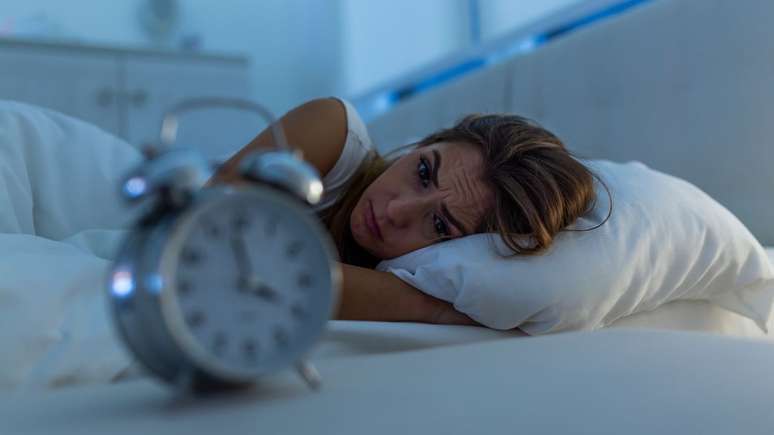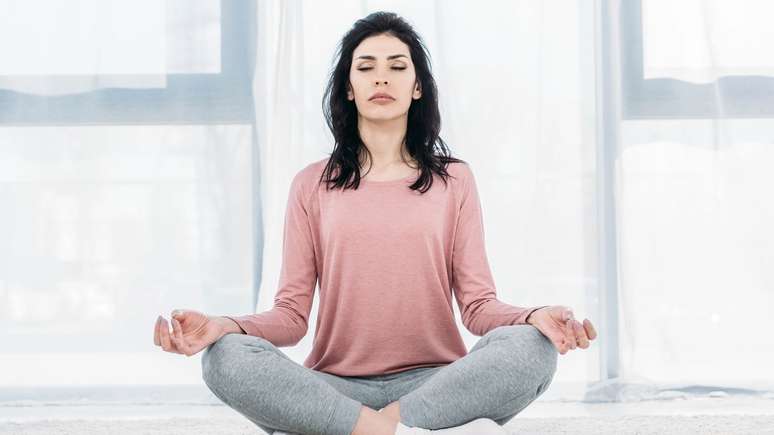Insomnia is linked to numerous physical and mental health problems; the expert gives advice to combat it
A insomnia It is one of the most common sleep disorders and it affects 40% of Brazilians and 45% of the world’s population, according to the World Health Organization (WHO). The condition affects mostly women and is linked to numerous physical and mental health problems.
html[data-range=”xlarge”] figure image img.img-5fa4a4c6642ba075fa47064079a8f397t8irawzl { width: 774px; height: 435px; }HTML[data-range=”large”] figure image img.img-5fa4a4c6642ba075fa47064079a8f397t8irawzl { width: 548px; height: 308px; }HTML[data-range=”small”] figure image img.img-5fa4a4c6642ba075fa47064079a8f397t8irawzl, html[data-range=”medium”] figure image img.img-5fa4a4c6642ba075fa47064079a8f397t8irawzl { width: 564px; height: 317px; }HTML[data-range=”small”] .article__image-embed, html[data-range=”medium”] .article__image-embed {width: 564px; margin: auto 0 30px; }
In addition to being a risk factor for Alzheimer’s and other neurodegenerative diseases, insomnia causes tiredness, lack of concentration and decreases cognitive performance. Furthermore, he also collaborates in the fall of the body’s immune defenses.
“It is during sleep that the body undergoes, for example, the tissue repair process. During this period, the metabolism is regulated and energy is restored, contributing to the correct functioning of the organism”, underlines Frederico Lacerda, neurologist and professor of sciences the course of Medicine at the Faculdade Pitágoras Eunápolis.
The neurologist explains that lack of sleep causes a variety of problems and changes in the body, such as mental slowness, tiredness, dark circles under the eyes and daytime sleepiness. “This tiredness can also cause short-term memory loss, obesity, premature aging, diabetes, anxiety, high blood pressure and lack of appetite, among others,” says the doctor.
How to fight insomnia?
To combat insomnia and improve the quality of sleep, the expert recommends adopting a few simple habits every day. Look down:
- Create a low light sleep environment;
- Turn off your television, cell phone, and computer an hour before bed.
- Do not drink or eat caffeine-containing foods at night;
- Reduce activities with a high level of physical and mental stimulation during the night;
- Practicing physical activity daily, preferably until the beginning of the afternoon;
- Avoid naps, use of alcoholic beverages and/or stimulants;
- The bed must not be used for “laying down”, studying, reading, watching TV, playing. Lie down only when you are already sleepy;
- If you lack sleep, look for boring activities, reading boring books at night would be a good example, but read out of bed.
Source: Terra
Ben Stock is a lifestyle journalist and author at Gossipify. He writes about topics such as health, wellness, travel, food and home decor. He provides practical advice and inspiration to improve well-being, keeps readers up to date with latest lifestyle news and trends, known for his engaging writing style, in-depth analysis and unique perspectives.








